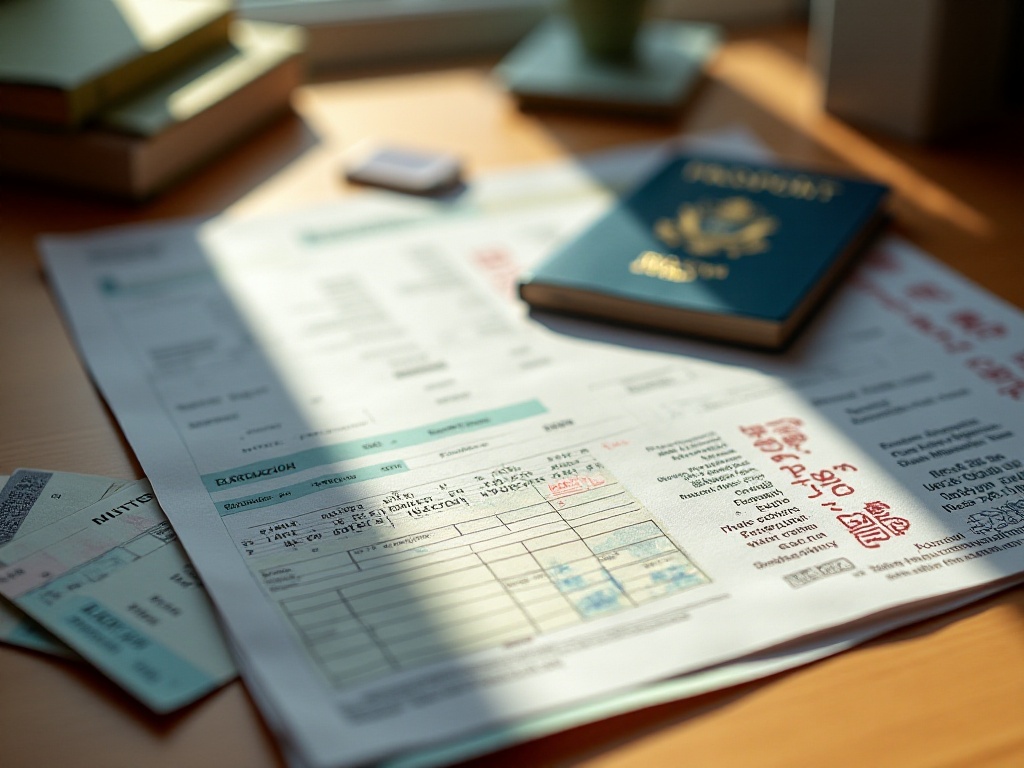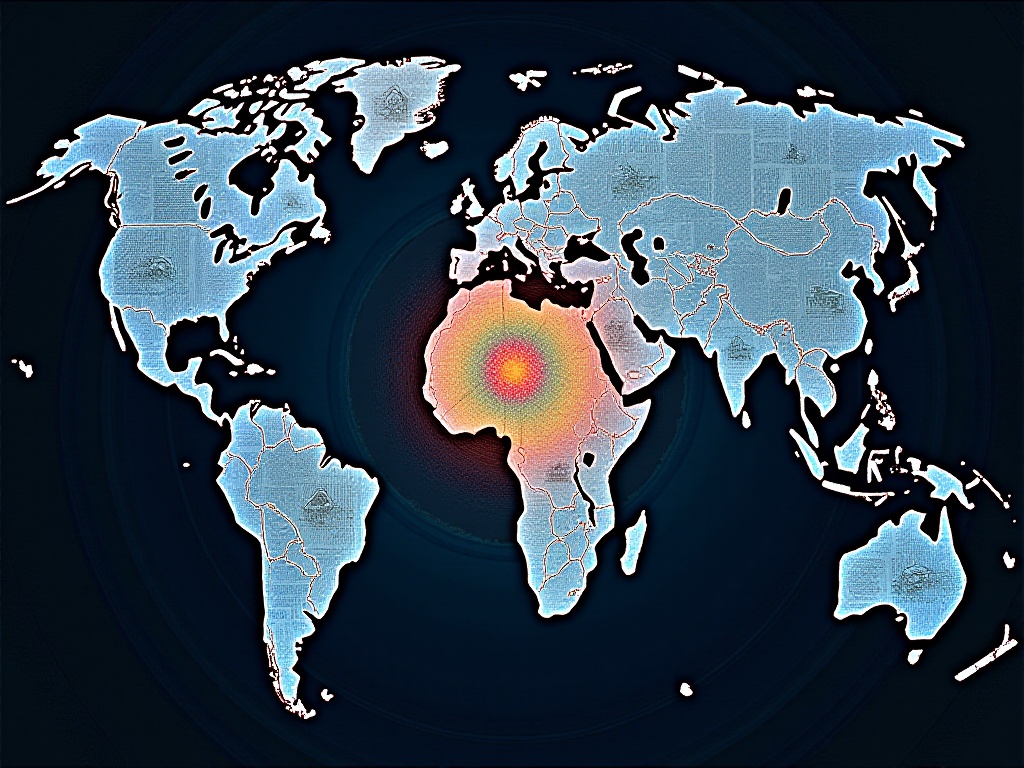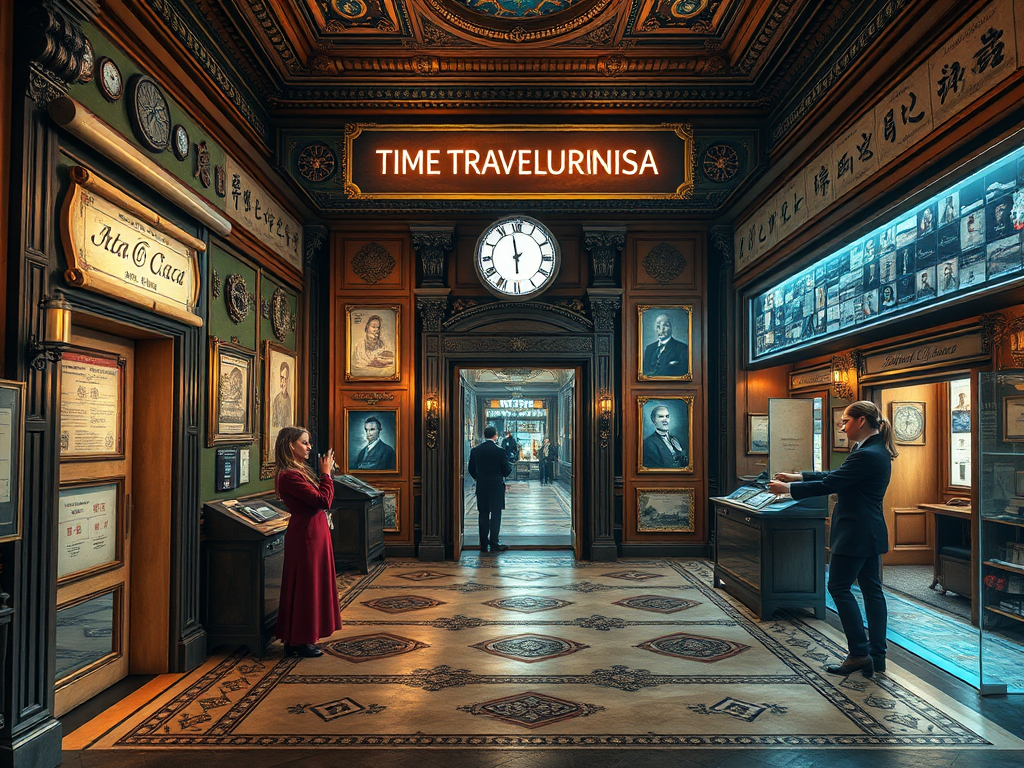Introduction
The first time I applied for a visa, my palms were sweating with nervousness as I stood at the embassy entrance - it felt like the night before a major exam. I was clutching a huge stack of documents, worried about missing something, and had brought several extra copies of everything. Even the security guard at the embassy noticed my anxiety and kindly said, "Don't worry, you'll be fine if you've prepared according to the requirements."
To be honest, even after reading countless guides online, I was still anxious when I got there. However, after going through the application process several times, I realized it wasn't nearly as daunting as I had imagined. It's like learning to drive - it seems difficult at first, but once you get familiar with it, you realize the key is understanding the fundamentals.
Understanding Visas
A visa is quite interesting when you think about it. It's like a key to foreign lands, but not a cheap one that can be easily duplicated - it's a precisely crafted instrument. Each country has different requirements for this "key." Some countries are extremely strict, with requirements lists that can be intimidating, while others are more lenient, requiring just the basic documentation.
In today's globalized world, countless visa applications are processed daily. In China alone, tens of thousands of people deal with visa applications every day. Embassy staff work like they're in a battle, processing mountains of applications daily. Interestingly, different countries have their own distinctive processing styles. For instance, the Japanese embassy is highly efficient, usually providing results within a week, while some countries move at a much slower pace, making the waiting period seem endless.
Recent data shows that global visa applications have exceeded 1 billion annually. Behind this number lies countless people's desire to explore the world. In a sense, visas have become a crucial link connecting the world.
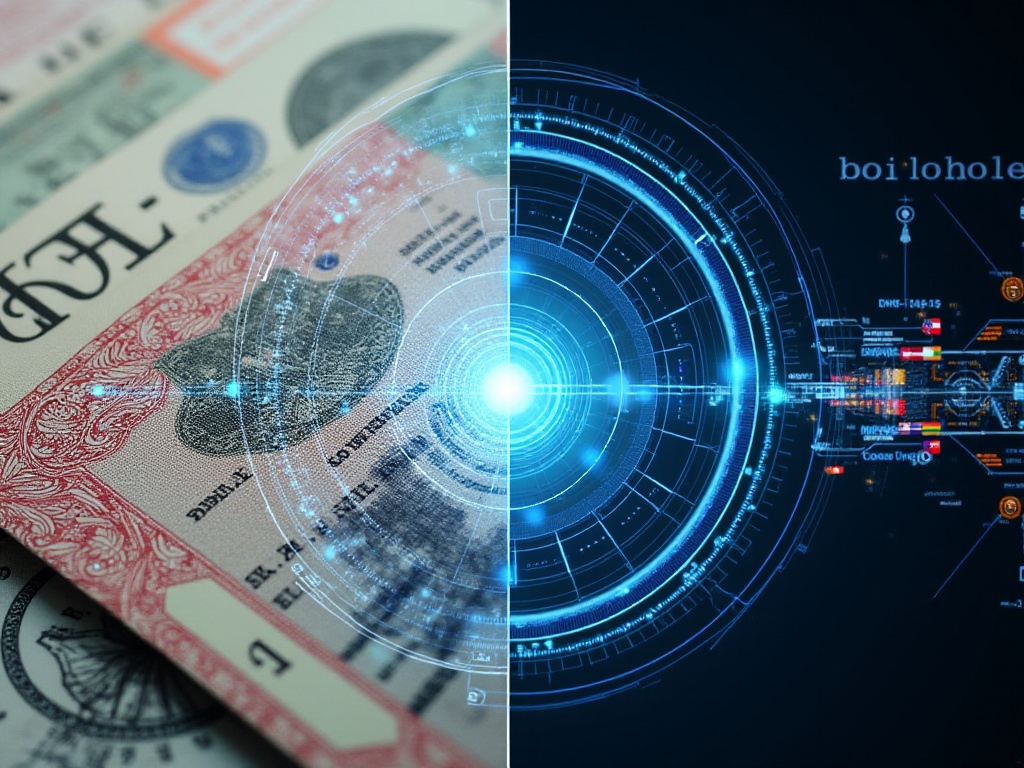
Types of Visas
The variety of visas is truly dizzying. Take the United States for example - just their non-immigrant visas are categorized from A to V, with subcategories under each letter. The B1/B2 tourist/business visa is particularly "popular," keeping the U.S. Embassy in China extremely busy.
Interestingly, different types of visas come with different "privileges." For instance, U.S. F1 student visas typically last 5 years, while B1/B2 visas now generally last 10 years. It's like choosing a phone plan - different options for different needs.
The Schengen visa is even more interesting. It's like getting multiple entries for the price of one - apply for one country's visa and you can travel throughout the entire Schengen area. However, Schengen countries have recently introduced something new - the ETIAS system. This system essentially adds an extra step for visa-exempt countries, requiring pre-arrival online authorization.
Australia and New Zealand's visa systems are particularly high-tech, with completely online processes. You don't even need professional photos - a smartphone selfie will do as long as it meets their requirements. This convenience really shows how technology has progressed.
Japanese visas take a different approach. While you can fill out forms online, they still require paper documentation. However, their efficiency is impressive - you usually get your passport back in 5-7 working days, which is quite fast compared to other embassies.

Application Preparation
Preparing materials is truly an art. I compare it to preparing for an important performance - every detail matters. First comes identification materials, which are like your personal resume, showing your basic information. A passport must be valid for at least 6 months - this is a universal rule.
Financial proof is arguably the most crucial part of the application process. Why? Because it directly relates to how much the embassy trusts you. I've seen too many cases of visa rejections due to inadequate financial documentation. I remember a friend who had significant bank transactions, but they were all large deposits and withdrawals that looked suspicious, leading to rejection due to suspected fund manipulation. That's why it's important to maintain proper financial records regularly, not just scramble to prepare them when applying for a visa.
Employment proof is also critical. Many young people today like to change jobs frequently, which can be a minor obstacle in visa applications. It's recommended to have at least six months of stable employment at your current company before applying, as this increases your chances of success. Employment letters should be printed on company letterhead with a responsible person's signature and company seal.
Property deeds and vehicle registration certificates, while not mandatory, certainly help strengthen your application. However, note that assets should preferably be in your own name - while parents' property can be included, it carries less weight.
The travel itinerary is where you can really show your sincerity. I recommend creating a detailed schedule including daily destinations and accommodations. Print out hotel confirmations, and at least book your outbound flight. Many people hesitate to book return flights fearing visa rejection, which is understandable, but you should at least have a clear plan for returning home.
Insurance is another crucial element. Many countries now require travel insurance, especially Schengen countries, which won't even accept applications without it. Choose policies from major insurance companies with coverage meeting embassy requirements, typically at least 30,000 euros for medical coverage.

Interview Tips
The visa interview is both nerve-wracking and exciting. Nerve-wracking because it could be the final determining factor; exciting because it's a unique experience. From my experience, visa officers aren't as intimidating as legend suggests - they're regular people with daily work quotas to meet.
Staying calm during the interview is crucial. I've seen too many people say the wrong thing due to nervousness. One friend accidentally stated their monthly salary as their annual salary when asked, causing the visa officer to look suspicious - quite an awkward situation. I recommend preparing for potential questions beforehand, covering topics like work situation, income level, and travel plans.
Dress code matters too - while formal attire isn't necessary, you should look neat and presentable. I've seen people show up in shorts and flip-flops, which doesn't make a good first impression. Business casual attire is recommended to project a mature and proper image.
Answer questions concisely and directly, avoiding irrelevant details. Visa officers value their time and care more about the credibility of your answers than how much you can say. I once saw an applicant ramble on for five minutes, clearly trying the visa officer's patience - something to avoid.
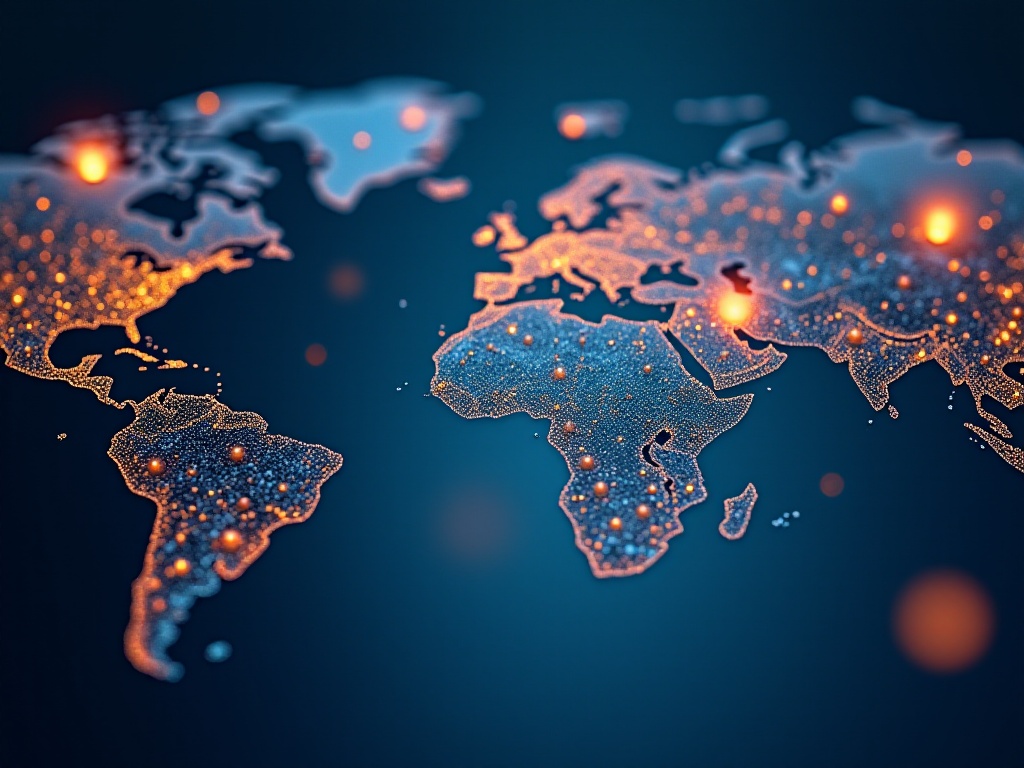
Policy Updates
Visa policies change constantly - today's rules might be different tomorrow. This requires us to regularly check embassy websites and official social media accounts. For instance, Schengen visas have undergone recent changes, requiring digital applications and extending biometric information validity from 5 to 10 years.
Individual countries continuously adjust their visa policies. Japan has implemented visa facilitation measures for residents of certain cities, while South Korea has introduced electronic visas, greatly simplifying the application process. These changes aim to accommodate growing visa demands while improving processing efficiency.
Note that policy changes can be sudden. Last year, one country unexpectedly announced increased visa fees, catching many people off guard. Therefore, when preparing applications, have contingency plans and buffer time and funds.
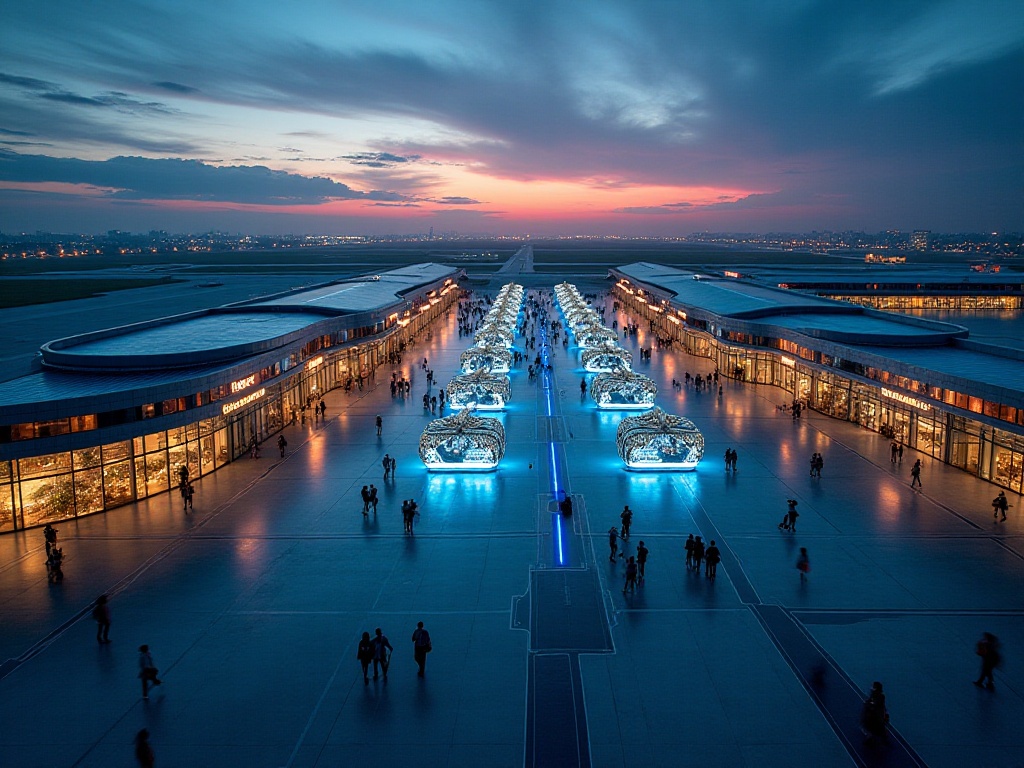
Practical Tips
Speaking of practical advice, here's what experience has taught me. First, timing - start preparing at least three months in advance. Why so early? Because some materials take time to obtain, like bank statements typically requiring 3-6 months of records, and employment letters needing signatures and stamps from supervisors.
Material preparation should be thorough. I suggest making a checklist of embassy requirements and checking items off one by one. Prepare multiple copies of documents - you might need to provide additional materials during the interview.
Document authenticity is crucial. Embassies strictly enforce anti-fraud measures. Discovered false documents not only result in immediate rejection but may affect future applications. Better to have fewer materials than fake ones.
Prepare interview answers thoroughly but don't memorize them word-for-word. I've seen people recite answers like textbooks, which sounds unnatural. Better to remember key points and express them in your own words.

Closing Thoughts
Through years of visa application experience, I've learned that while visas can be troublesome, success rates are high with proper preparation. It's like dining at a restaurant - reading the menu, ordering, waiting for food - each step requires patience to enjoy the meal.
Visa applications are similar - they're the first step toward an exciting journey. While the process may have its challenges, thinking about the destination, the anticipated scenery and experiences makes it all worthwhile.
Each time I receive a new visa and look at those beautifully designed visa pages in my passport, I feel a sense of achievement. Each visa witnesses our steps toward exploring the world and records our yearning for the unknown. Rather than viewing visa applications as troublesome, consider them preparation for an anticipated adventure. After all, there are countless wonderful sights in this world waiting for us to discover.





